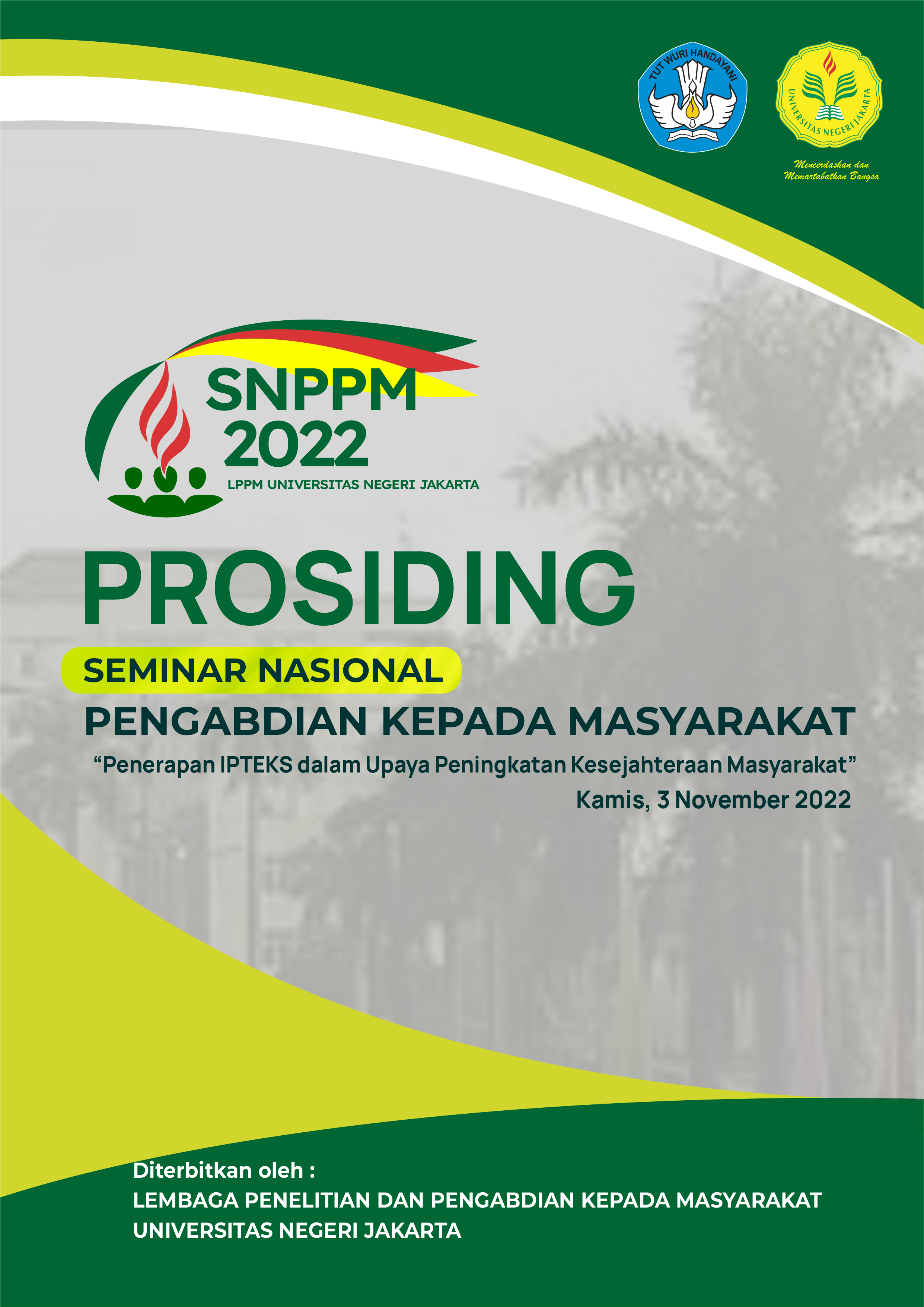PENINGKATAN PENGETAHUAN REMAJA DI LINGKUNGAN SMA NEGERI 4 KOTA JAYAPURA TENTANG PRESIDENSI G20 INDONESIA TAHUN 2022
Keywords:
Knowledge, Youth, SMA Negeri 4 Jayapura, G20 Presidency, IndonesiaAbstract
Abstract
Adolescence is one of the periods in the human life span with an age of about 10-19 years. Based on the 2010 population census of Indonesia, the number is around 43.5 million (approximately 18% of Indonesia's population). The age of high school education in Indonesia is about 15-18 years and a maximum of 21 years, so this high school age is included in adolescence. The exciting thing to attract youth is the position of Indonesia, which in 2022 received the mandate for the first time as the G20 Presidency. Based on this, it is essential to see the knowledge of youth about the G20 Presidency of Indonesia in 2022. The author sees that young people in Jayapura City still have minimal knowledge about the G20 Presidency of Indonesia. For that, the author takes the initiative to carry out community service activities for applying science and technology, SMA Negeri 4 Jayapura City being the target of partners and cooperation networks. This activity is expected to increase the knowledge of teenagers in SMA Negeri 4 Jayapura City about the G20 Presidency of Indonesia in 2022 and encourage them to become good messengers for schools and surrounding communities about the G20 Presidency of Indonesia. The method used for applying science and technology is in the form of education and training, and to measure the increase in participants' knowledge, pretest and posttest are used. The results obtained from community service activities through education and training are an increase in the understanding of teenagers in SMA Negeri 4 Jayapura about the G20 and the G20 Presidency of Indonesia in 2022. This increase can be seen from the analysis of participants' knowledge through the pretest and posttest.
Abstrak
Masa remaja merupakan salah satu periode dalam rentang kehidupan manusia dengan usia sekitar 10-19 tahun. Berdasarkan sensus penduduk Indonesia tahun 2010, jumlahnya sekitar 43,5 juta jiwa (sekitar 18% dari penduduk Indonesia). Usia pendidikan SMA di Indonesia sekitar 15-18 tahun dan maksimal 21 tahun, sehingga usia SMA ini termasuk dalam masa remaja. Hal yang menarik untuk menarik minat kaum muda adalah posisi Indonesia yang pada tahun 2022 menerima mandat untuk pertama kalinya sebagai Presidensi G20. Berdasarkan hal tersebut, penting untuk melihat pengetahuan pemuda tentang Kepresidenan G20 Indonesia pada tahun 2022. Penulis melihat bahwa anak muda di Kota Jayapura masih memiliki pengetahuan yang minim tentang Kepresidenan G20 Indonesia. Untuk itu penulis berinisiatif untuk melaksanakan kegiatan pengabdian kepada masyarakat dalam penerapan ilmu pengetahuan dan teknologi, SMA Negeri 4 Kota Jayapura menjadi binaan mitra dan jejaring kerjasama. Kegiatan ini diharapkan dapat menambah pengetahuan remaja di SMA Negeri 4 Kota Jayapura tentang Kepresidenan G20 Indonesia tahun 2022 dan mendorong mereka untuk menjadi penyampai pesan yang baik bagi sekolah dan masyarakat sekitar tentang Kepresidenan G20 Indonesia. Metode yang digunakan dalam penerapan iptek berupa pendidikan dan pelatihan, dan untuk mengukur peningkatan pengetahuan peserta digunakan pretest dan posttest. Hasil yang diperoleh dari kegiatan pengabdian masyarakat melalui pendidikan dan pelatihan adalah peningkatan pemahaman remaja di SMA Negeri 4 Jayapura tentang G20 dan Kepresidenan G20 Indonesia tahun 2022. Peningkatan ini dapat dilihat dari analisis pengetahuan peserta melalui pretest dan posttest.









